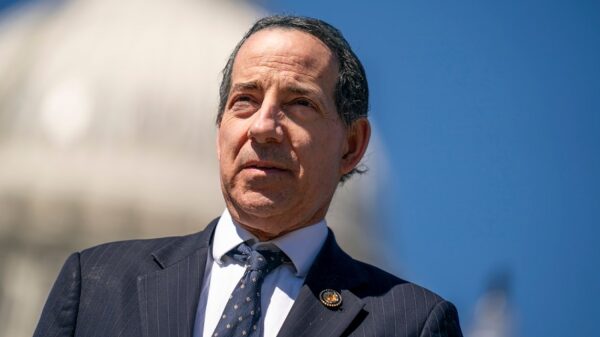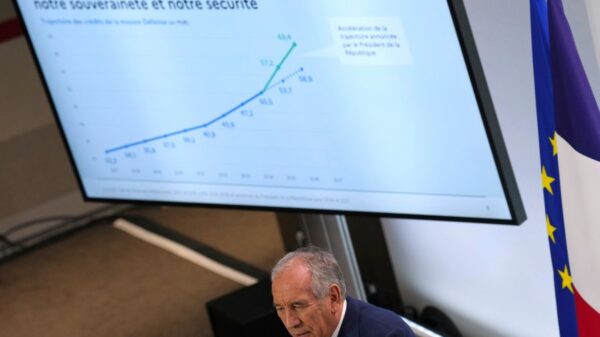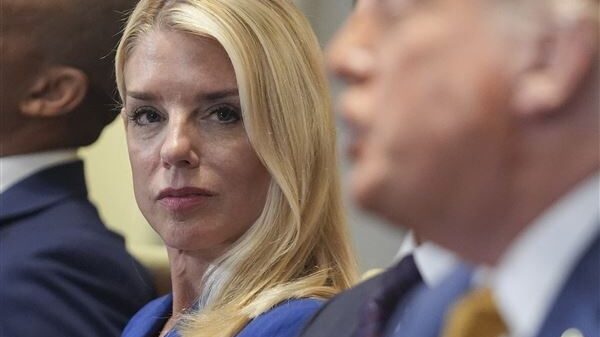The United States Senate has passed a significant measure aimed at reducing foreign aid, approving $9 billion in cuts during a tightly contested vote. The Senate’s decision, made on September 28, 2023, concluded with a 51-48 tally, largely aligning with President Donald Trump‘s request for a rescission bill. This legislative move now returns to the House of Representatives, which had previously approved a similar proposal in June.
Details of the Rescission Bill
The Senate’s approval came after a lengthy voting session that extended into the early hours, underscoring the contentious nature of the bill. Only two Republicans, Senators Susan Collins of Maine and Lisa Murkowski of Alaska, voted against the cuts, joining the Democratic opposition. The White House’s request has drawn mixed reactions, with some centrist Republicans expressing concerns over the lack of clarity regarding the specific programs affected.
Despite these concerns, several amendments were made to gain Republican support, including an exemption for funding aimed at AIDS prevention. The Senate vote, which took place shortly after 02:00, represents a notable victory for Trump, marking a sharp contrast to his earlier attempts to rescind funding during his first term.
As the House prepares to deliberate, it faces a tight deadline. If the Senate bill is not passed by September 29, 2023, the administration may be compelled to allocate the funds in accordance with the Impoundment Control Act. Speaker Mike Johnson has initiated procedural strategies to facilitate a swift vote, reflecting the urgency of the situation.
Political Reactions and Implications
The rescission bill not only targets foreign aid but also includes cuts to public broadcasting entities such as NPR and PBS. Democrats have condemned the cuts, arguing they endanger vital funding that supports international initiatives and could jeopardize America’s global standing. Conversely, Republicans maintain that the reductions are necessary to eliminate what they deem wasteful spending, particularly in areas like climate initiatives and transgender rights.
Senate Minority Leader Chuck Schumer of New York criticized the Senate’s actions, describing them as a “short-circuiting of the appropriations process,” which could complicate future negotiations on government funding.
The Republican majority passed the bill along party lines, effectively navigating around the Senate filibuster. Nonetheless, achieving bipartisan cooperation will be essential to prevent a government shutdown in the coming months, as the Senate prepares to consider its annual appropriations bills.
Collins and other Republican appropriators have voiced dissatisfaction with the White House’s approach to budget cuts. Specific concerns have arisen regarding the administration’s interest in utilizing “pocket rescissions,” a strategy that could circumvent Senate voting altogether by submitting requests at the end of the fiscal year. Budget Director Russ Vought, previously associated with tech entrepreneur Elon Musk, views the recent vote as a crucial test for future spending reductions.
The House’s decision on the rescission bill remains to be seen, and it reflects broader challenges as lawmakers navigate fiscal priorities against the backdrop of urgent global needs.



























































